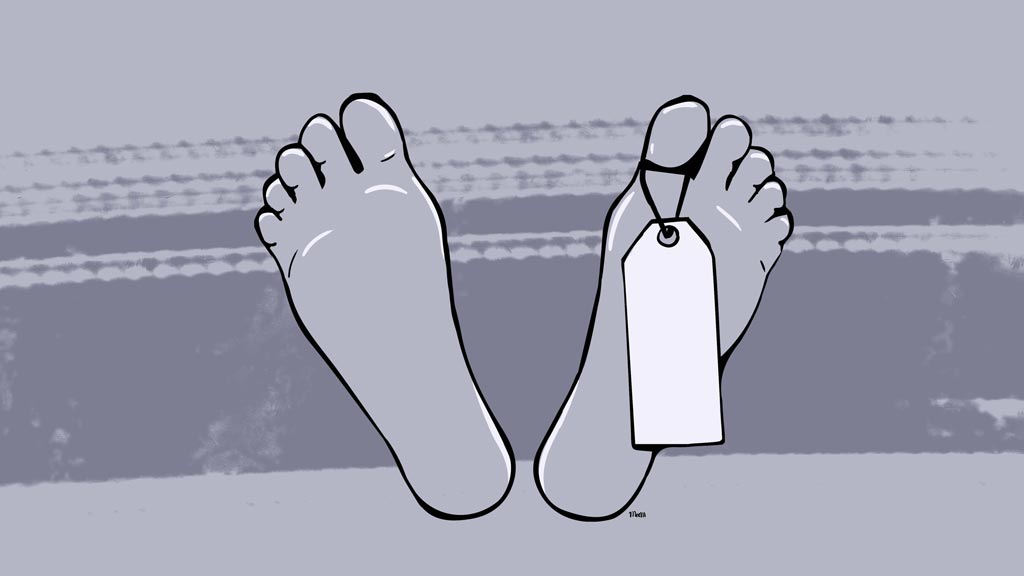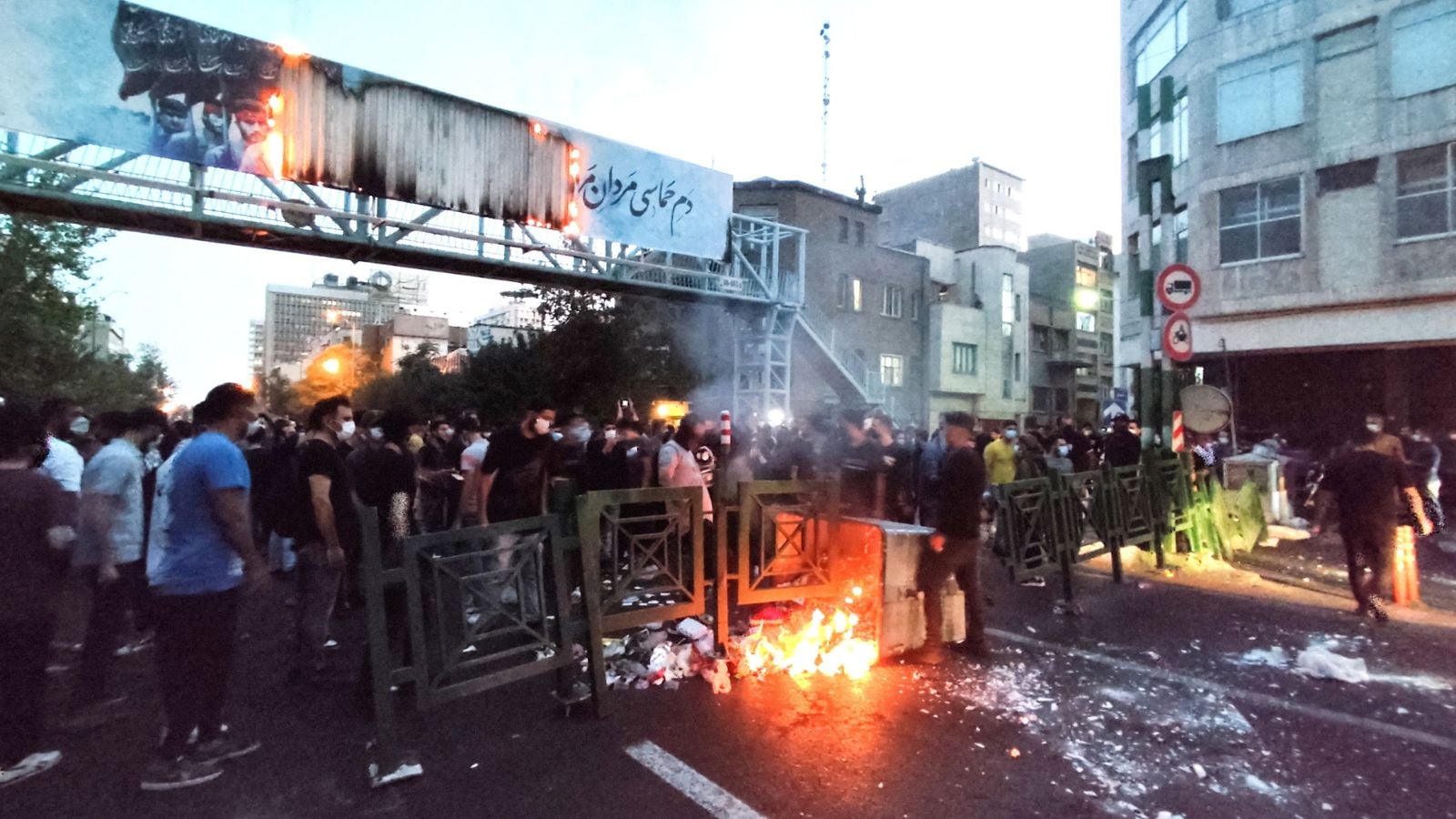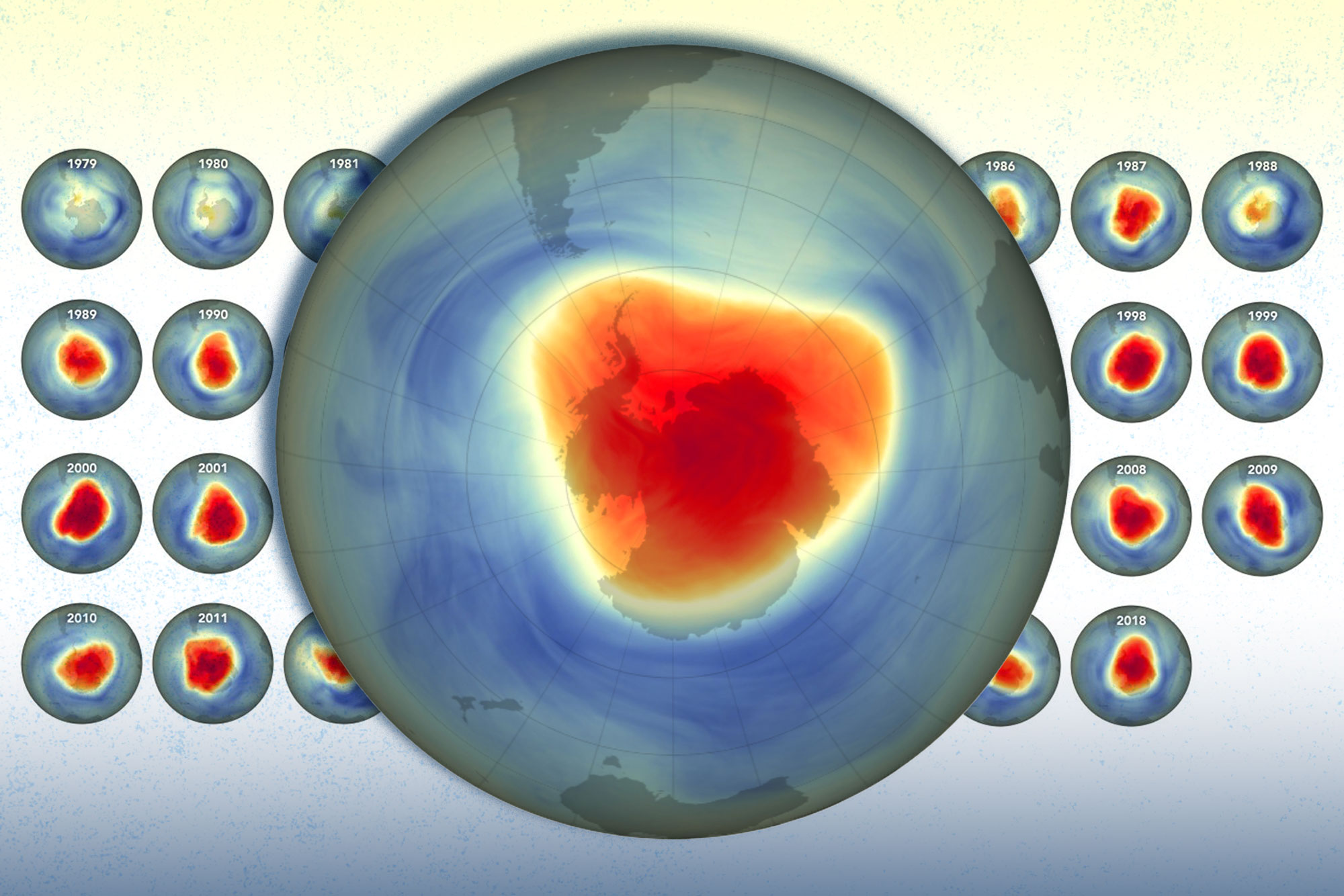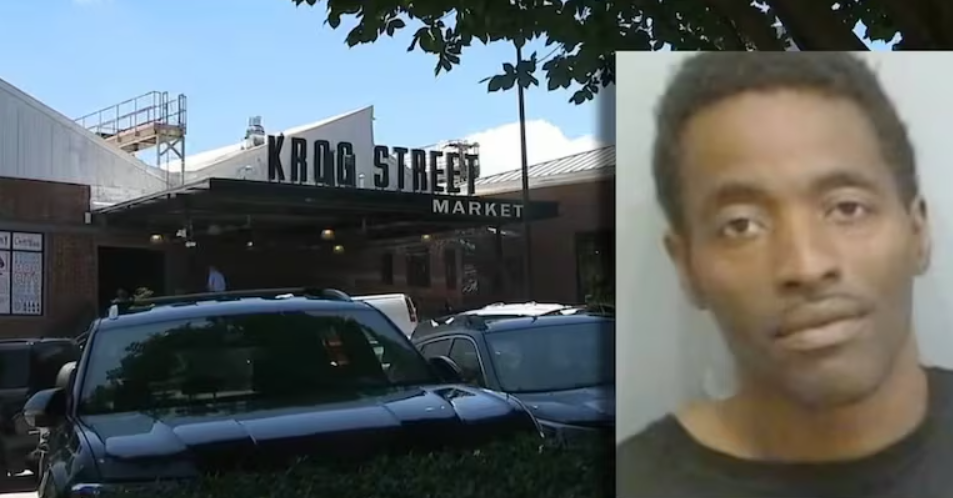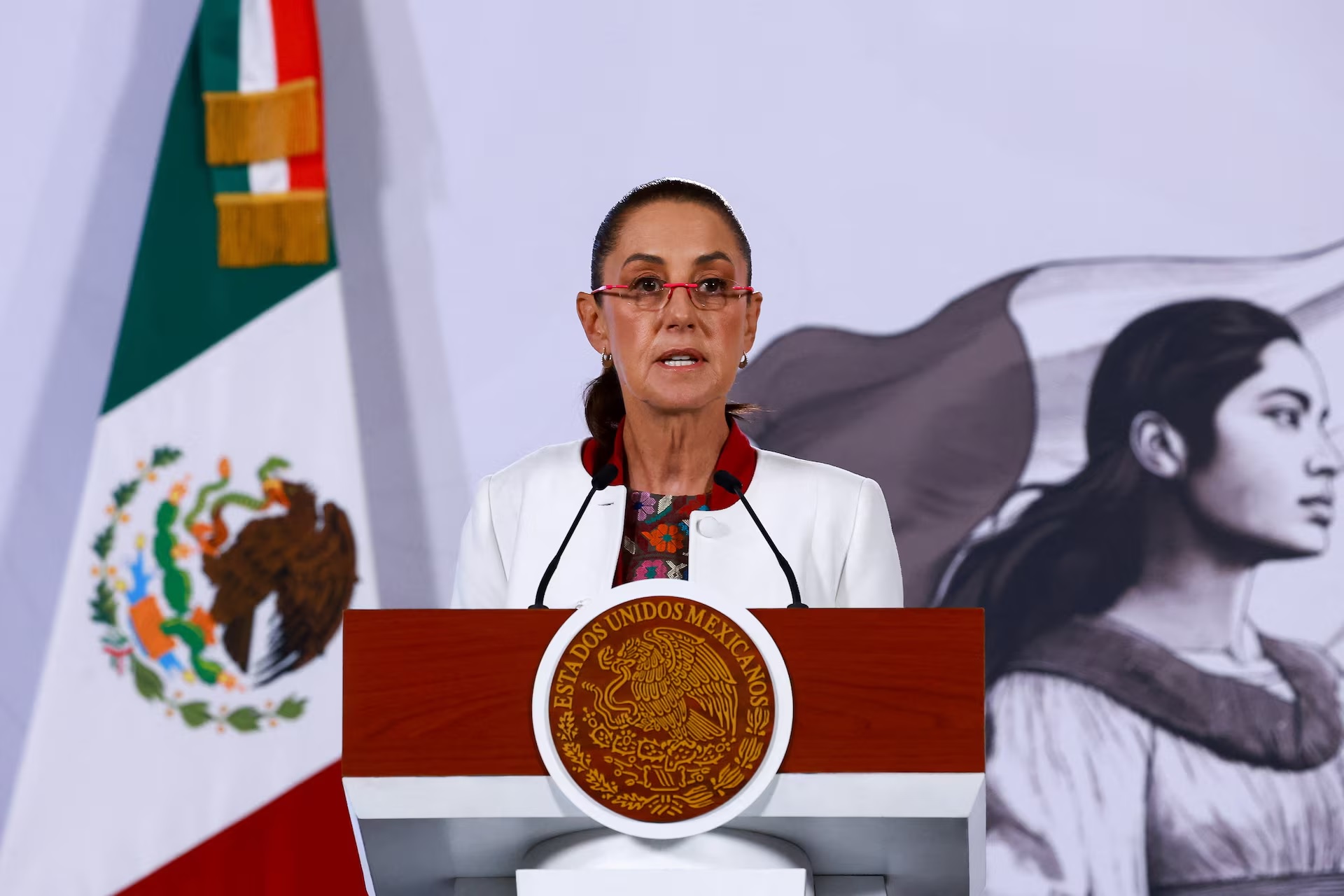ISRAEL INTERCEPTS 39 GAZA-BOUND AID BOATS, ORGANIZERS SAY

Sea standoff and global reaction
Organizers of a pro-Palestinian flotilla said Israeli forces intercepted 39 of more than 40 boats attempting to deliver medicine and food to Gaza, leaving one vessel still at sea. Live feeds verified by journalists showed armed personnel boarding at night as passengers donned life vests and raised their hands. Israel’s foreign ministry said passengers were safe and being diverted to port, arguing the mission violated a lawful naval blockade and offering to route any aid through approved channels instead. Governments from Turkey to Malaysia lodged protests after their citizens were detained. In Europe and Latin America, demonstrations erupted outside Israeli missions and ports, while maritime authorities monitored the final vessel’s track amid communications disruptions reported by organizers. The flotilla’s visibility—hundreds of activists including lawmakers and public figures—was designed to test Israel’s interdiction policy after nearly two years of war.
Legal arguments and next steps
International lawyers note two competing claims: Israel’s stated right to enforce a blockade in a declared combat zone, and activists’ assertion of humanitarian necessity. The balance often turns on safe-passage offers and proportionality during boarding. Diplomats are weighing whether to push for supervised offloading at Israeli or Egyptian ports to defuse tensions, a formula used in past crises. For organizers, the intercepts are already a messaging victory, though criminal proceedings, deportations and vessel impoundment could follow. For Israel, the priority is deterring future flotillas without inflaming international opinion. Regional navies remain on watch to prevent collisions or capsizing as seas become rougher into autumn. Aid groups say a stable corridor—by sea or land—matters more than symbolic convoys; they seek predictable inspection regimes and time-bound delivery guarantees to restore medical supply chains inside Gaza.




